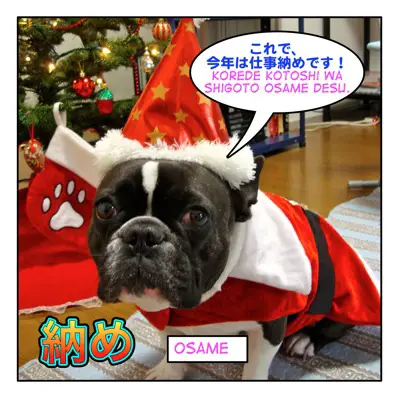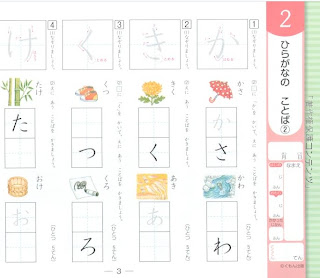In kindergarten, my parents had this huge chart in our study room that kind of looked like this.
When I started elementary school, I would sometimes mix up Kanji and Hiragana in writing my name during 2nd language class. Then my school teacher persuaded my parents to let me study only Mandarin. That was a bit of a mistake as I didn't do well in those classes at all. Kanji was and still is, a killer ;)
Then for some reason (and I really can't remember now), I was swotting for an entrance exam that required some ability in Japanese. This was when I stayed
up all night to memorise the Hiragana and Katakana script. I used this book,
Remembering the Hiragana : A Complete Course on How to Teach Yourself the Japanese Syllabary in 3 Hours by James Heisig.
(p.s. there is a PDF copy lying around but you need to trawl the web for it).
There was a Katakana version too. Maybe the effort paid off in the end but since then, there are loads of (IMHO) better books out there. I think the Heisig series paved the way well as you can see how easy it is to remember each script with a pictorial idea paired with the strokes.
I've seen a couple of other books out there similar to the Heisig series, such as
Dr. Moku's Learn Japanese in One Day, made easy with iPhone and iPad apps. You can check out the
youtube here, too.
If you have trouble recalling the script, there are some great and cheap Kumon books you can buy from Kinokuniya.
I used the Katakana series for revision when I started living in Japan again.
Link
here: for SGD 15.70 or 14.13 if you're a member. The layout of the book is like this:














